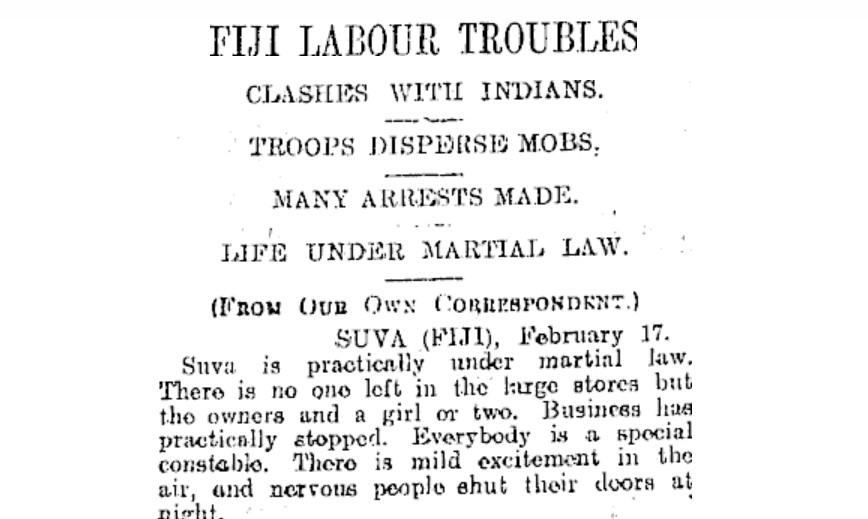On 25 August the government majority in Parliament passed the Shop Trading Hours Amendment Act by a vote of 62 to 59. Peter Dunne, David Seymour (ACT) and Te Ururoa Flavell (Maori Party) voted with the National Party, who were whipped for this measure. Marama Fox (Maori Party) voted against along with Labour, the Greens and NZ First. Dunne, who claims liberality, and Flavell, who purports to represent Maori, have yet again swung a majority for a reactionary attack on workers’ rights.
What this amendment does is to make possible shops opening on Easter Sunday, the holiest day in the Christian calendar. Until now, Easter Sunday has been one of only 3½ days in the year when shops could not open legally. Easter Sunday opening has been a long-running aim of big retailers, but previously they have failed to achieve a parliamentary majority for a straight-forward legalisation. This latest attempt salves the Christian consciences of some National MPs by passing the responsibility for decisions on Easter Sunday trading to local councils.
The second conscience-salving element is that shop workers will have the right to decline to work on Easter Sunday, providing they do so in writing. This right is, of course, pretty worthless as workers who refuse to work will find themselves out of favour with their employer, if not out of work altogether.
The law change is an attack on shop workers as workers and an attack on their religious rights if they are Christians.
Within 6 months, newly elected local councils from October will deciding whether to have an Easter Sunday opening policy in 2017. There is an opportunity here for successful resistance. United fronts of the Labour movement and progressives in every area will draw faith groups behind them and have every chance to win majorities on local councils to preserve the holiday. Local councils contemplating Easter Sunday opening should be targeted with petitions and protests.









